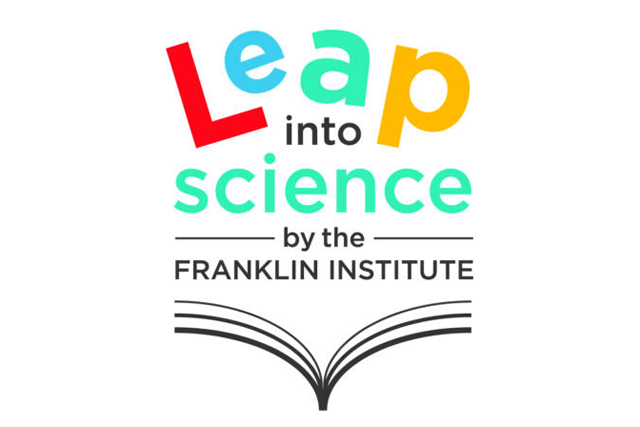
Leap into Science: Cultivating a National Network for Informal Science and Literacy
The Leap into Science Project is a National Science Foundation-funded collaborative project with the Franklin Institute, the National Girls Collaborative Project, and the Institute for Learning Innovation aimed to change who has access to learning over their lifetime by examining best practices for engaging underserved children and families from urban and rural areas in science and literacy. Leap into Science was a national scale-up project that created and examined a sustainable national model for engaging urban and rural communities in science and literacy through state and regional partnerships between informal learning institutions, such as museums, libraries, and out-of-school time organizations. The program originated in 2007 through a museum-library partnership in Philadelphia designed to engage urban children and families in science and literacy learning by integrating children’s books with hands-on science activities. Since 2011, Leap into Science has expanded to a total of 12 cities in partnership with 29 informal learning institutions and has collectively reached over 85,000 children and adults representing diverse populations across the United States. In the scale-up effort, the Institute for Learning Innovation partnered with the project team to study how families with young children developed science-related interest pathways through participation in the Leap program. The study contributed to the field’s understanding of science interest development during the formative preschool and early elementary years and explored how these interests connect to other science learning resources in both rural and urban communities.
For more information please visit the project website: https://www.fi.edu/leap.
Project Team: Scott Pattison, Deborah Siegel Ph.D., Lynn Dierking Ph.D.
